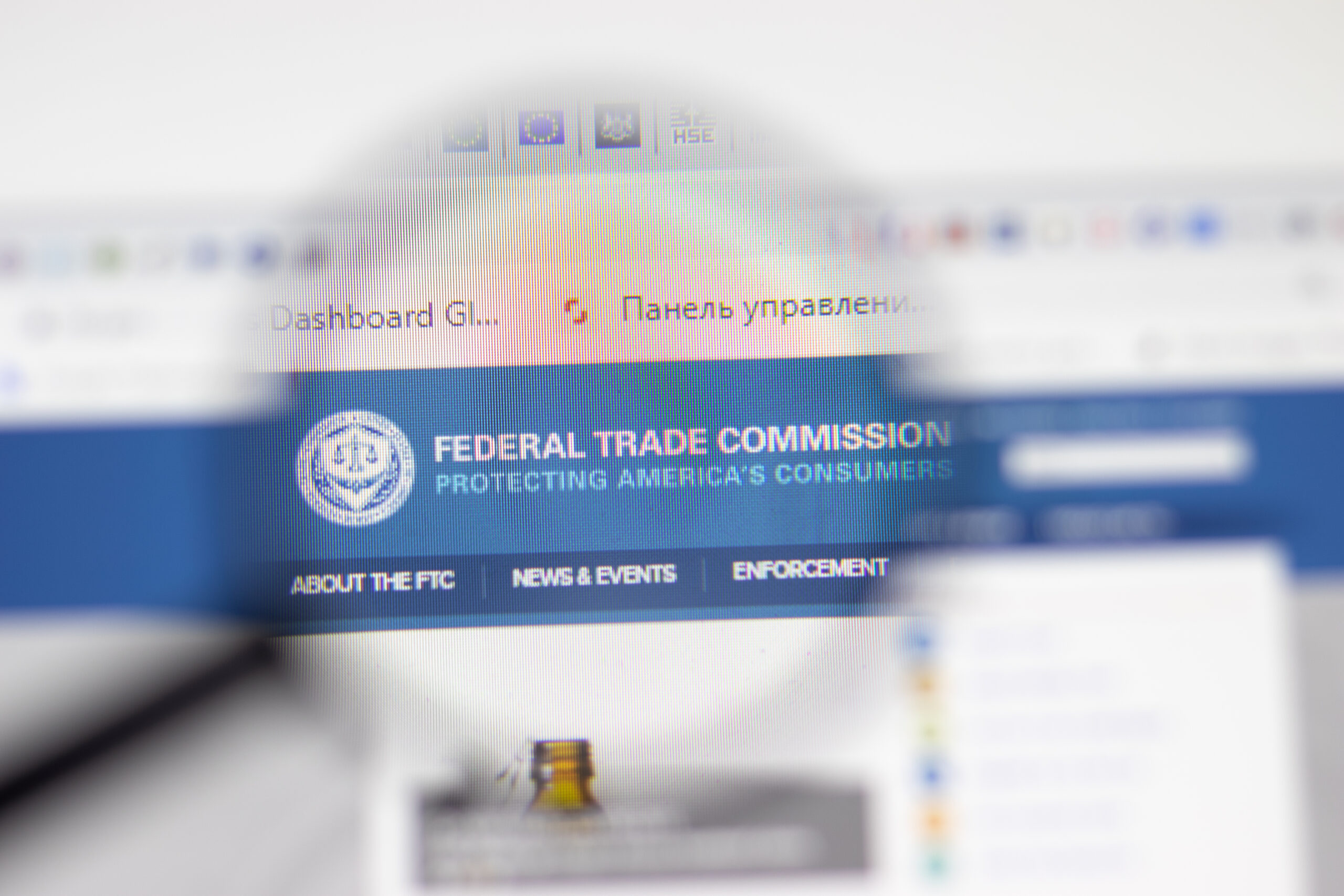Adobe Inc., a global leader in software products for creative professionals, faces serious allegations from the Federal Trade Commission (FTC). The FTC has filed a lawsuit accusing the company of deceptive practices related to undisclosed fees in its subscription plans. This lawsuit highlights the ongoing transparency issues in subscription-based business models, particularly in the tech and software industry.

The Allegations
The FTC’s lawsuit alleges that Adobe has been misleading customers about the actual cost of its subscription services. The complaint’s core is that the company failed to clearly disclose specific fees associated with its subscriptions, leading to consumers paying more than they initially anticipated. These hidden fees reportedly include charges for early termination and other unexpected costs that were not prominently disclosed during the signup process.

Deceptive Practices
The FTC claims that Adobe’s practices violate the FTC Act, prohibiting unfair or deceptive business practices. Specifically, the lawsuit highlights the following points:
- Lack of Transparency: Adobe allegedly did not clarify that users would incur significant cancellation fees if they chose to terminate their subscriptions early.
- Misleading Promotional Tactics: Promotional materials and signup processes allegedly gave the impression of lower overall costs without adequately informing customers of the potential for additional charges.
- Impact on Consumers: The hidden fees reportedly surprised many customers, leading to financial strain and dissatisfaction among Adobe’s user base.
Adobe’s Response
Adobe has denied the allegations, stating that they believe their subscription terms and conditions are transparent and comply with legal requirements. The company also intends to vigorously defend against the lawsuit and maintain that its practices align with industry standards.
The Ugly Truth of Subscription-Based Business Models
This lawsuit against Adobe is not an isolated incident but rather part of a broader trend of increasing scrutiny on subscription-based business models. Companies in various sectors, from software to streaming services, have faced criticism and legal challenges over similar issues. The FTC has been particularly active in this area, seeking to ensure that consumers are not misled by hidden fees and unclear terms.
For consumers, this lawsuit highlights the critical need to understand the terms and conditions of any subscription service thoroughly. It’s essential to read the fine print and be aware of any potential additional costs before committing to a subscription. Although regulatory bodies like the FTC play a crucial role in protecting consumers from deceptive practices, individual vigilance is equally essential.

The Path Forward
The FTC’s lawsuit against Adobe over hidden fees in its subscription plans highlights a critical issue in today’s digital economy. As subscription models become increasingly prevalent, transparency and honesty in pricing are essential to maintaining consumer trust.
If the FTC’s lawsuit is successful, it could result in significant changes for Adobe and potentially set a precedent for the industry. Adobe may be required to amend its disclosure practices, refund affected customers, and pay fines.
Therefore, this case serves as a reminder for companies and consumers about the importance of clear communication and the potential consequences of deceptive practices. The outcome of this lawsuit could have far-reaching implications, potentially reshaping how subscription services operate and are regulated.




